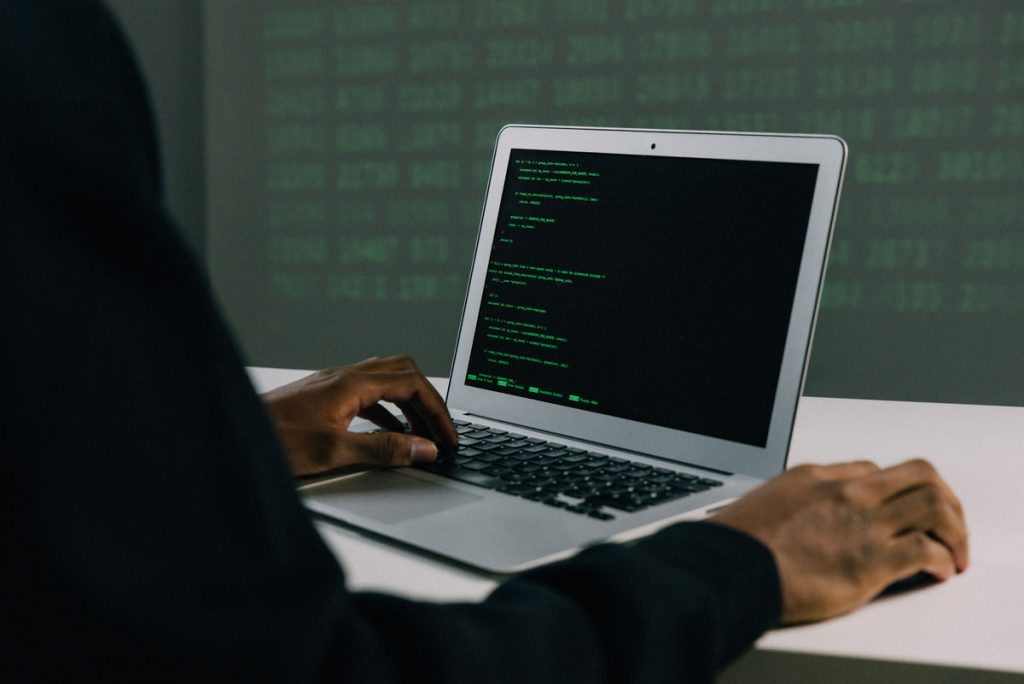Email hacking is one of the most common forms of cyber hacking experienced by thousands of individuals online. A fraudster taking control of your business email may spell financial doom for your enterprise, especially if that email is linked to your business bank accounts and has confidential correspondence vital to your business operations. The main reasons that would cause your business email to get hacked include having a weak password, sharing your password with others, falling prey to a phishing scam that comes into your inbox, and not having a proper firewall and antivirus software installed on your laptop. Read on for an in-depth step-by-step guide on what to do if your business email gets hacked.

1. Try to Reclaim Your Email and Notify Your Contacts
Firstly, it’s of essence to try reclaiming that business email by sending an email or calling your host’s support team, informing them of the unfortunate incident so that they are able to freeze the account is possible. If lucky, your email host will retrieve your email upon answering some security questions that you might have entered when creating that email. If you wait too long to make someone aware, getting your exact email back will be unlikely, but it’s worth a try.
Notify all of your contacts connected to your email account as soon as possible letting them know that your email has been hacked to shield them from falling prey to scammers who may communicate with them using your business name. If you were hacked using a click-bait link, inform your contacts and colleagues of the same to shield them from falling prey to the same scheme.
2. Upgrade The Security of Your Website
If your business has a website, it’s of essence to enhance your website security by investing in credible online security software or tools available in the market so that every member of your business is secured properly. It is also important to acquire a security certificate for your website, which keeps away hackers and boosts customer confidence in your website. Once you have this security certificate you will want to educate your team members on how to make sure their files and important information are protected as well.
3. Update Your Computer Security and Change Your Passwords
Updating your operating system to the most recent version that is available will help you block some of the current malware and Trojans that might appear on your system. Choose the settings that will continuously update your computer or phone to keep you safe at all times. After doing that, activate your firewall, install a recent antivirus, and run an end-to-end scan of your device so that anything that looks fishy can be detected.
Change the passwords to all your devices and emails regularly, whether you successfully retrieved your hacked email or not. When creating your new passwords, use special characters and numeric values to make them hard for hackers to guess. Do not share your passwords with anyone. When creating new passwords, it’s important to note that you shouldn’t use any information relating to you, such as birth years and personal names.
4. Adopt Two-factor Authentication
Two-factor authentication has proven to be a hard nut to crack for scammers. Using two-factor authentication means that when you create your account passwords, you are prompted to nominate an alternative email, device, or phone number that will receive a code to enable you to access that account successfully. Eventually, when you log into your email account with the proper credentials, an authentication code is sent to that email to enable you to access that account. Adopting two-factor authentication will also make it easier for you to reset your email password if you forget it.
5. Smarten Up and Educate Your Team about Email Phishing
Now more than ever, it’s essential to be on the lookout for phishing scams. Phishing scams come through your inbox, through internet messenger, your phone devices, chats, forums, websites, and many more ways. Stay alert; don’t click on email links from sources you don’t know. If you think the link is safe, then you’d better copy it and open a new browser than click it from your email inbox. Don’t get over-excited about winning a lottery that you didn’t participate in. You can’t win what you didn’t participate in. Be cautious about sharing your details with strangers.
6. Validate Before You Download
Please make a point of validating the source of a file before downloading it. Treat unofficial sites that offer a file for download as potential scam sites. Finally, don’t share your details on websites that lack security certificates. These sites are at risk of scam attacks and may also be scam sites. A website with a security certificate reads HTTPS: instead of a plain HTTP: on its URL.
Many people have fallen prey to email hacking and scams that have resulted in heavy financial and business reputation losses. However, if followed, the easy steps discussed above will save your business from future email hacking and other related online scams.




Recent Comments